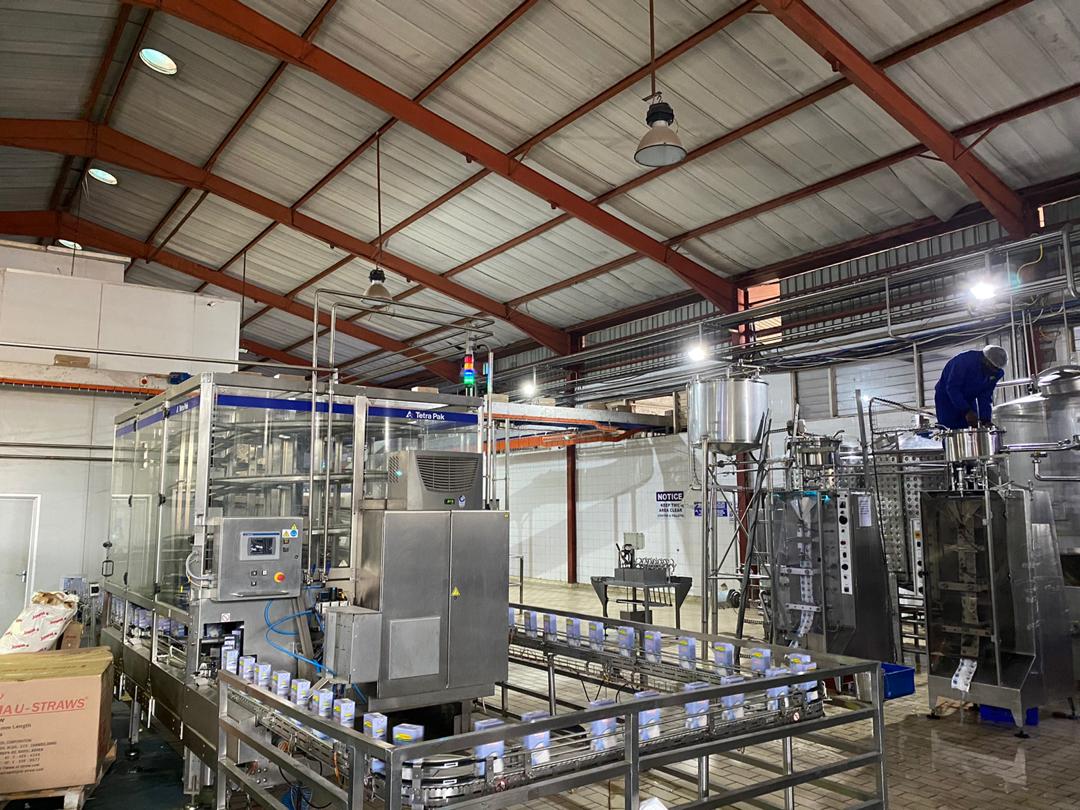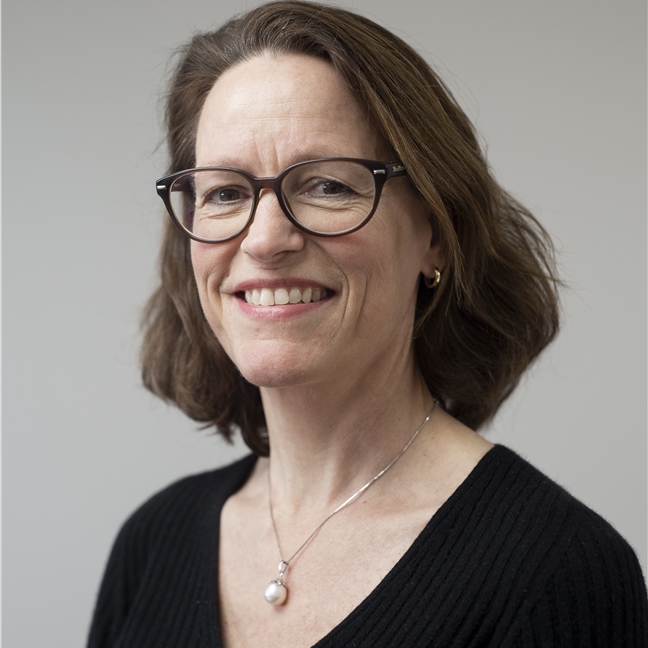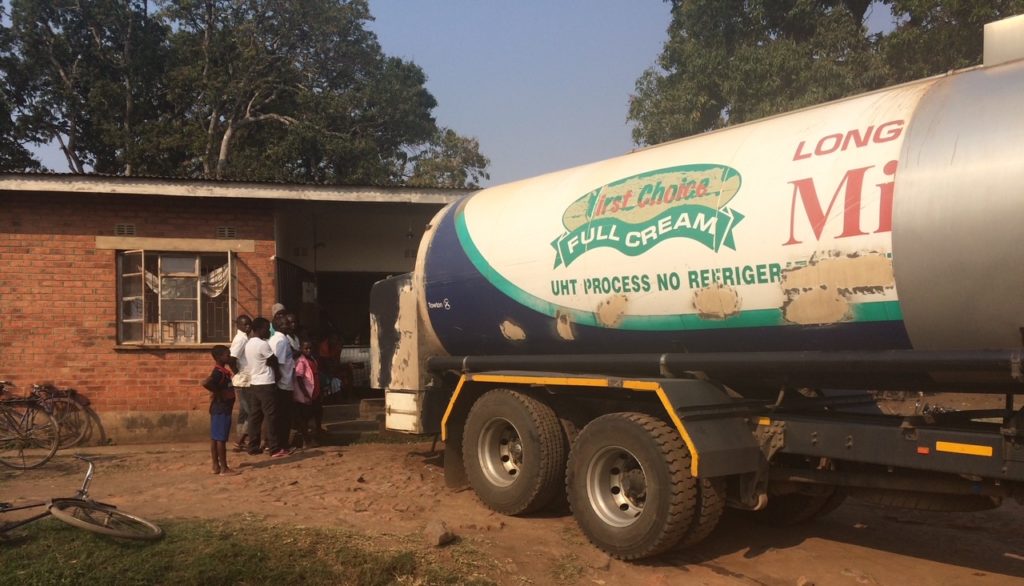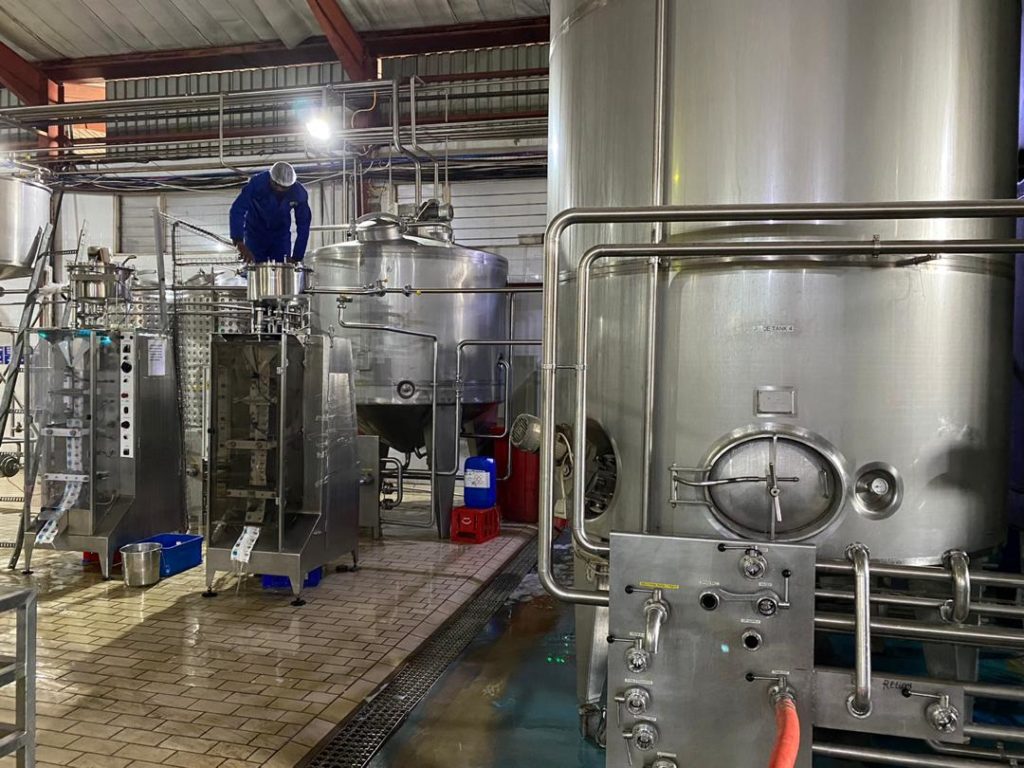By investing in Lilongwe Dairy in Malawi, Norfund will contribute to increased income for small scale farmers and access to locally produced dairy products to the Malawian population.
Norfund has recently committed 5.8 million USD in Lilongwe Dairy in Malawi.

The aim is to contribute, through capital and active ownership, to sustainability and growth of the dairy. This will further help providing stable income to farmers and meeting the increasing demand for dairy products – with local production.
Buying milk from 10.000 smallholder farmers
Lilongwe Dairy receives milk from over 10,000 small farmers, who are organized in 36 cooperatives.

By developing the dairy business, Norfund will contribute to many small scale farmers getting a turnover on their milk production, and thus increased income. This could help them work their way out of poverty.
Ellen Cathrine Rasmussen, leder avdeling for vekstkraftige virksomheter i Norfund
By facilitating increased production and higher quality based on locally produced milk, the investment will also help to replace imports. This strengthens both food security and Malawi’s trade balance.
With access to more capital, the dairy will invest in larger warehouses, increased pasteurization capacity, new packaging machines and improved distribution equipment to consumers.
-Through active ownership, Norfund will also contribute to professionalising the operation of the company by introducing better structures and control mechanisms, and put in place systems for food safety and waste management, which can both reduce expenses and increase revenues, says Rasmussen.
Making it more attractive to produce milk
Malawi is one of the world’s least developed countries, and is ranked 174th out of 189 countries on the UN Development Index. The agricultural sector accounts for 28 per cent of GDP and almost 65 per cent of total employment in Malawi.
A large part of Malawi’s population is malnourished (18.8%). Increased consumption of dairy products can be a positive contribution. The market is currently quite small, but strong growth is expected in the next few years.
Most of the farmers who supply milk to the dairy have only 1 to 3 cows each.

Low prices and lack of knowledge on how to achieve high quality milk have so far made it unattractive for small farmers to invest in milk production. Lilongwe Dairy wants to provide financing to smallholders so that they can buy more cows and invest in better capacity. Norfund also plans to contribute by co-financing cows and training for new smallholders through Norfund’s Business Support program.
For many small scale farmers in Malawi, diversification and extra income through the supply of milk can be an important insurance if the crop fails or other income is lost.
Investing in the agribusiness value chain
Norfund’s purpose is to create jobs and improve living conditions by investing in companies that promote sustainable development. The state fund has invested in the agricultural sector over several years. A few years ago, the strategy was changed, in the direction of investing more in companies higher up in the value chain.
– We see that we can make a big difference by investing in companies that make it possible for small scale farmers to sell their products, says Rasmussen.

This is Norfund’s first investment in a dairy, but it may offer Norfund an opportunity to learn and grow in the sector.
Investments in financial institutions to strengthen agriculture sector
Norfund also contributes to developing jobs in small and medium-sized enterprises, including in agriculture, by investing in banks.
Historically, traditional banks in Africa have had a low share of the loan portfolio for primary agriculture and for the agriculture value chain. Many African banks lack expertise in the area and do not have suitable loan products for such small customers.
Norfund has established the platform company Arise, which owns banks with operations in 33 countries in Africa, including Malawi, together with its Dutch sister fund, FMO, and Rabobank, a Dutch bank with special expertise in agriculture.
It is an important focus area for Arise to help banks develop customized loan products for farmers. From 2018 to 2019 alone, the banks in Arise’s portfolio had an increase in lending to primary agriculture of 10%.
Norfund also invests in microfinance, with 2.7 million loan customers in 2019. These also reach a large number of small scale farmers and micro-enterprises related to agricultural production.